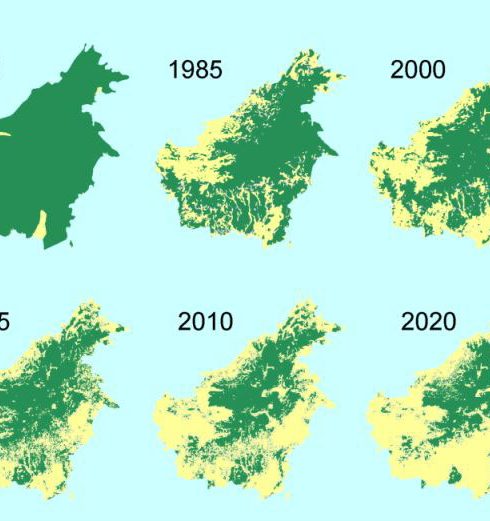How our responses to climate change and the coronavirus are linked
- The coronavirus pandemic may lead to a deeper understanding of the ties that bind us on a global scale.
- Well-resourced healthcare systems are essential to protect us from health security threats, including climate change.
- The support to resuscitate the economy after the pandemic should promote health, equity, and environmental protection.
We live in an age in which intersecting crises are being lifted to a global scale, with unseen levels of inequality, environmental degradation and climate destabilization, as well as new surges in populism, conflict, economic uncertainty, and mounting public health threats. All are crises that are slowly tipping the balance, questioning our business-as-usual economic model of the past decades, and requiring us to rethink our next steps.
There are, to a certain degree, parallels that can be drawn between the current COVID-19 pandemic and some of the other contemporary crises our world is facing. All require a global-to-local response and long-term thinking; all need to be guided by science and need to protect the most vulnerable among us; and all require the political will to make fundamental changes when faced with existential risks.
In this sense, the 2020 coronavirus pandemic may lead to a deeper understanding of the ties that bind us all on a global scale and could help us get to grips with the largest public health threat of the century, the climate crisis.
At the World Health Organization (WHO), where I am part of the climate change team, we are seeing the devastating consequences of under-prepared health systems when they are faced with these increasingly regular shocks. Some of these health impacts have a clear climate change signature, such as the increasing frequency and strength of extreme weather events or the expanding range and spread of vector-borne diseases like malaria or dengue. For others, such as the COVID-19 pandemic, the connection with climate change is less clear cut.








